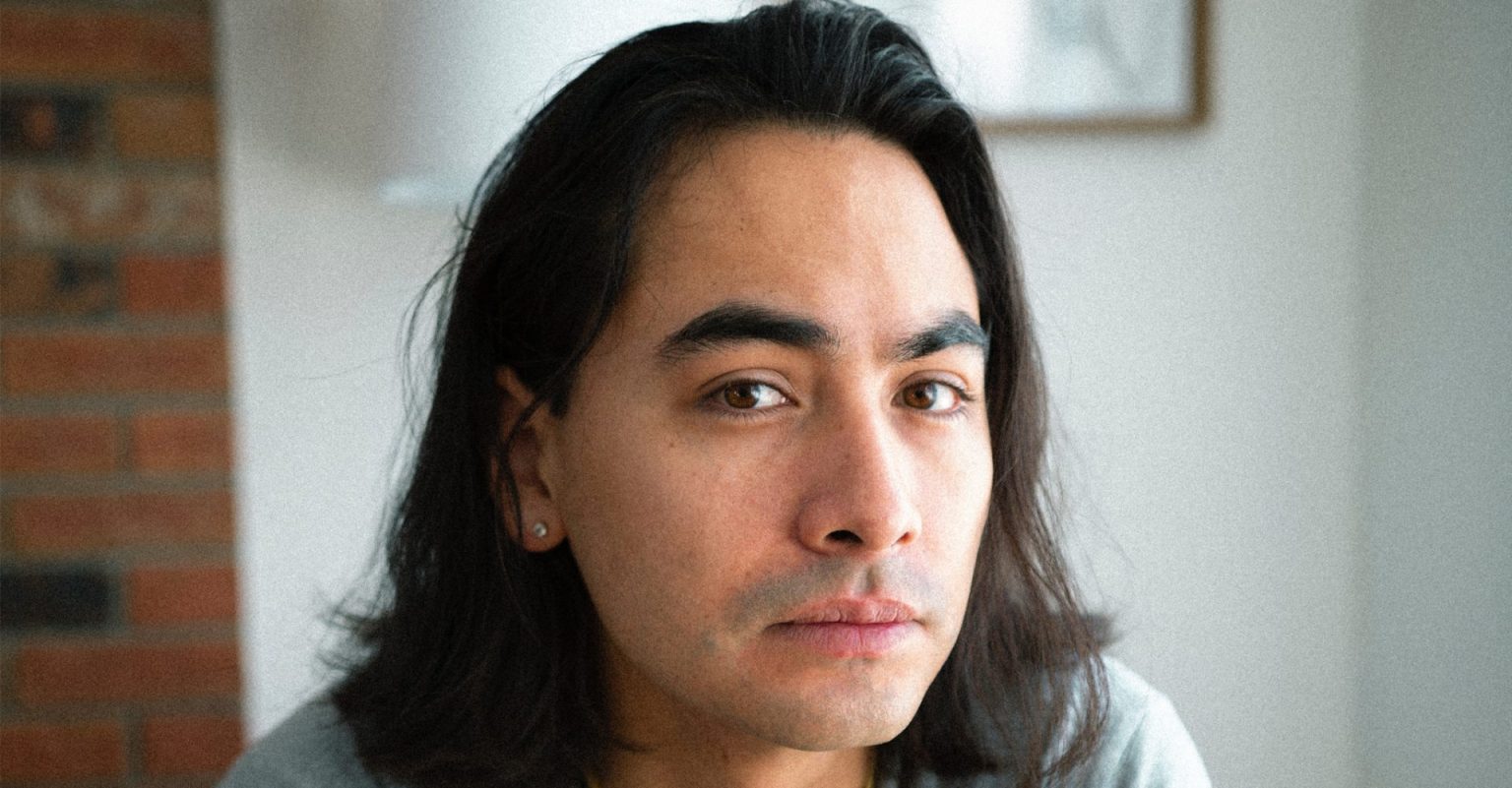
- Details
- By Jenna Kunze
Writer, journalist and activist Julian Brave NoiseCat (Canim Lake Band Tsq'escen) is one of two journalists selected to receive the $100,000 cash American Mosaic Journalism Prize for outstanding long form work that fosters greater understanding of underreported stories.
The award, announced on Thursday, is specifically intended to recognize and support freelance journalists. Mexican-American photojournalist Ryan Christopher Jones will also receive the unrestricted cash prize this year.
NoiseCat’s work—specifically a podcast streamed on Snap Judgment and a longform piece published by Nat Geo— was selected by a panel of 10 judges, representing a variety of newsrooms across the country.
Want more Native News? Get the free daily newsletter today.
“Julian Brave NoiseCat’s journalism elevates the stories and voices of Indigenous peoples in the United States through vivid and poignant storytelling, from a podcast story that follows one Native American woman who is tasked with counting everyone on her reservation for the 2020 U.S. Census, to a print piece that illuminates the unique joys and challenges of fatherhood as seen through the stories of Indigenous men,” the judges wrote in a statement.
NoiseCat, 28, told Native News Online that most of his reporting and writing is simply a product of “just living and being in Indian Country,” and believing that the happenings around him are newsworthy, and that people should pay attention to them.
Additionally, he said he looks for basic storytelling components—compelling characters, plot, action—but also to illustrate bigger ideas.
“The point of the Snap Judgment story about following Cheyenne as she tried to count everybody on the reservation was really about, what does it mean to count and what does it mean to be visible? And the census… was a window into that broader question,” he said. “What does it mean for people who often are not visible to stand up and say ‘I count’? And also, why might people today not want to be counted by this government, and what might be the history behind that?”
Currently, NoiseCat is working on two major projects: his first book We Survived the Night, an account of contemporary Indigenous life in the United States and Canada woven together with personal narrative, along with a documentary on the search for unmarked graves at the residential school his family was sent to in Williams Lake, British Columbia.
Fellowships from both New American and Type Media Center help support NoiseCat’s work, though he said his new windfall will also ultimately go back into his craft.
“What it's going to do is it's going to make it financially possible for me to finish these big, big projects and put my best possible work into them,” he said. “But whether or not it comes with $100,000, it just feels really encouraging to be seen by your colleagues and to have people say, ‘hey, we see what you're doing. And we like what you're doing, and want you to keep going and to do more of it.’ That feels like the best.”
More Stories Like This
Native News Weekly (August 25, 2024): D.C. BriefsNavajo Nation Secures $285 Million in Federal Broadband Funding to Connect Thousands of Homes
Oral History Project Announces 18th Stop in Denver, Colorado: NABS Continues Preserving Critical Stories Across Indian Countr
Next on Native Bidaské: Protecting Legacy Before It’s Forgotten with the National Native American Hall of Fame
Zuni Youth Enrichment Project Wins $25,000 National Award to Strengthen Long-Term Support for Zuni Youth
Help us defend tribal sovereignty.
At Native News Online, our mission is rooted in telling the stories that strengthen sovereignty and uplift Indigenous voices — not just at year’s end, but every single day.
Because of your generosity last year, we were able to keep our reporters on the ground in tribal communities, at national gatherings and in the halls of Congress — covering the issues that matter most to Indian Country: sovereignty, culture, education, health and economic opportunity.
That support sustained us through a tough year in 2025. Now, as we look to the year ahead, we need your help right now to ensure warrior journalism remains strong — reporting that defends tribal sovereignty, amplifies Native truth, and holds power accountable.
 The stakes couldn't be higher. Your support keeps Native voices heard, Native stories told and Native sovereignty defended.
The stakes couldn't be higher. Your support keeps Native voices heard, Native stories told and Native sovereignty defended.
Stand with Warrior Journalism today.
Levi Rickert (Potawatomi), Editor & Publisher

